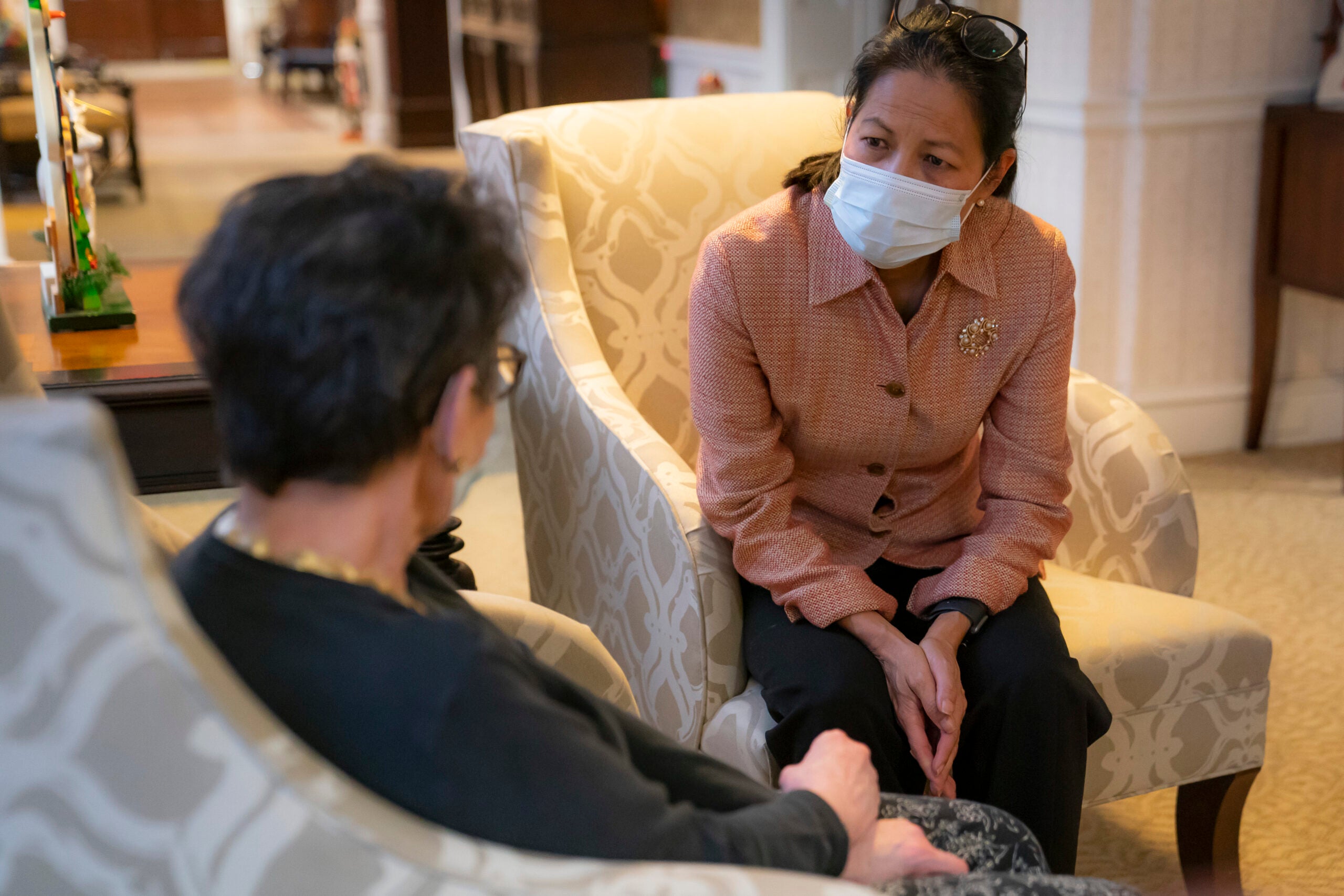Wisconsin Gov. Tony Evers has vetoed a health care training bill that opponents say could have jeopardized care for the elderly and those with disabilities.
Supporters of the proposal say it could have eased a shortage of certified nursing assistants (CNAs) in nursing homes which have struggled to retain staff and stay open.
The bipartisan proposal would have required 75 hours of training for CNAs. Currently, they must have 120 hours of training, which includes 32 hours of clinical training. The bill also would have reduced clinical experience, or supervised training.
Stay informed on the latest news
Sign up for WPR’s email newsletter.
In his veto message Wednesday, Evers said research has shown that higher training standards result in better outcomes for patients, lower staff turnover and higher job satisfaction.
AARP said the bill would have led to a “race to the bottom” in training requirements for CNAs.
The Senate and Assembly authors of the bill criticized the governor’s veto which would have aligned training requirements with those in nearby states.
“This staffing shortage is negatively affecting our health care facilities throughout the state and is making it difficult for facilities to provide the top quality care that we can depend upon for our loved ones,” said Rep. Warren Petryk, R-Eleva, co-author of the bill, in a statement.
Wisconsin requires more hours of CNA training than neighboring states like Iowa, Michigan and Minnesota. The federally required minimum is 75 hours with 16 hours of that being clinical experience.
Evers has appointed a Task Force on Caregiving which he said will examine strategies to attract and retain providers for those needing long-term care.
Wisconsin Public Radio, © Copyright 2025, Board of Regents of the University of Wisconsin System and Wisconsin Educational Communications Board.





